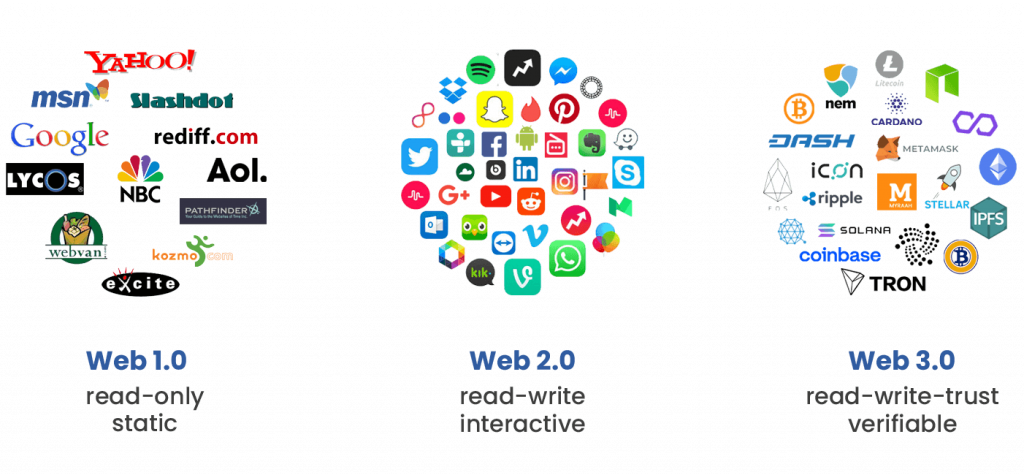This article explores the potential consequences for Web 2.0 companies that may fail to embrace Web 3.0.
The internet as we know it has undergone significant changes since its inception. Web1, the earliest version of the internet, was a simple static page system that offered little interactivity. It was succeeded by Web2, which introduced more dynamic and interactive web pages that allowed for user-generated content, social media, and online collaboration.

Now, we are on the brink of yet another major shift with the emergence of Web3, also known as the decentralized web or the blockchain web. Web 3 is poised to fundamentally change the way we interact with the internet, shifting power away from centralized institutions and towards individuals. But what happens if Web2 companies fail to embrace this new paradigm?
Becoming obsolete
Companies that do not adapt to Web3 risk losing relevance and becoming obsolete. The decentralized nature of Web3 means that power and control are distributed among users, rather than centralized in the hands of a few corporations. This opens up new opportunities for innovation and entrepreneurship, and it is likely that new companies will emerge to take advantage of these possibilities. Most existing Web2 companies will be left behind, and their market share will be eroded by new entrants who are better positioned to take advantage of the decentralized web.
Loss of trust
Secondly, companies that do not embrace Web3 may risk losing their users’ trust. One of the key tenets of Web3 is decentralization, which means that users have more control over their data and can be assured of greater privacy and security. Web2 companies that continue to operate in a centralized manner risk being seen as untrustworthy by their users, who may migrate to decentralized alternatives in search of greater control over their data.
Legal challenges
As blockchain technology continues to develop and become more mainstream, it is likely that governments around the world will start to introduce regulations aimed at governing the use of this technology. Companies that fail to adapt to these new regulations risk facing legal challenges, fines, and even shutdowns.
Missing out on Web3 benefits
Web3 has the potential to transform many industries, from finance to healthcare to supply chain management. Companies that do not adapt to this new paradigm risk missing out on the many opportunities for innovation and growth that Web3 offers.
Final thoughts
Web3 represents a major shift in the way we interact with the internet. As such, it is essential for Web2 companies to start exploring the potential of Web3 and looking for ways to incorporate this technology into their operations. Failure to do so could have serious consequences for their future viability and success in the digital age.










